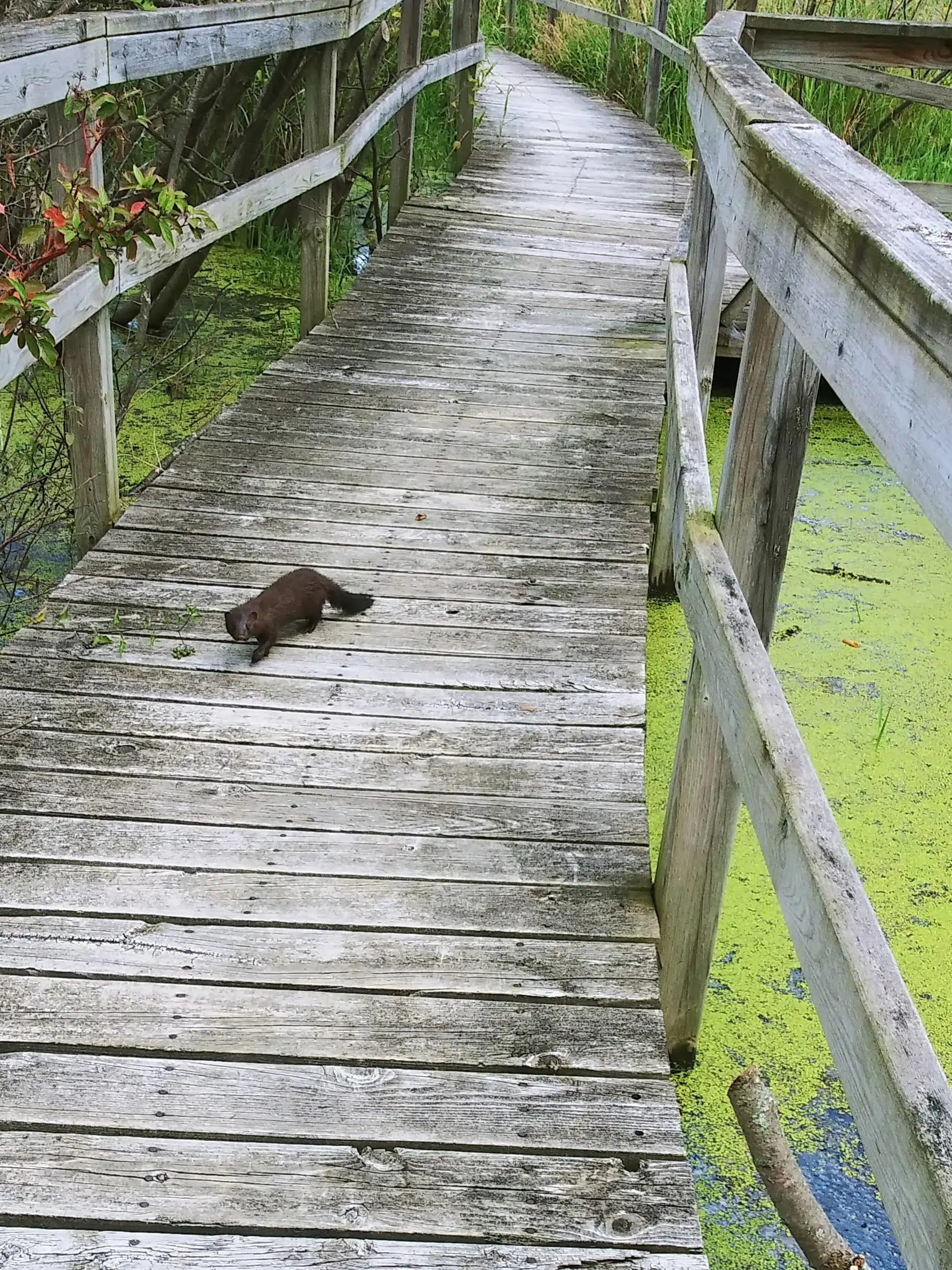
Photo provided by Woodland Dunes Nature Center
The following article was written by Jennifer Klein, Land Management Coordinator for Woodland Dunes Nature Center and Preserve.
I have never been a fan of the cold. I am not sure how many of us are. Yet, after growing up in the cold state of Wisconsin, I chose to stay for my adult life. Like many, I appreciate the changing seasons and while I don’t particularly like the cold I do appreciate the beauty and stillness of winter. And the promise of spring. I think January seems particularly long because we are past all the excitement of the November and December gatherings and now we are waiting for spring. Maybe this is why, at the beginning of February, we turn to a groundhog for the promise of an early spring.
The weather will change when it is ready, regardless of what the little critter predicts. It is interesting that while we appreciate the groundhog for its meteorology knowledge, many don’t care for the woodchuck. (They are the same critter.)
We have some resident woodchucks at Woodland Dunes. While they exhibit behaviors that some don’t appreciate, such as digging tunnels under and in our dirt-floor barn, other behaviors entertain and delight us.
We welcome the woodchuck families as an important part of the ecosystem around the nature center. And we enjoy it when they allow us to observe them. Just like one might see a squirrel in our bird feeders from time to time, at Woodland Dunes, we often see a woodchuck feasting on our platform feeders. We affectionately refer to this woodchuck as Skippy, even though we don’t know for sure if it is the same diner every time.
Other signs of spring that we look forward to are longer days, birds migrating back, and spring bulbs pushing up. As the days lengthen, we can look forward with hope to the promise of spring and the beauty and warmth that it brings. Just five years ago, we had pussy willows budding on Cattail and Black Cherry trails in the third week of February. I invite you to take a stroll on Cattail Trail, and watch spring come to life. You may even share your path with another of our resident critters, a mink.








